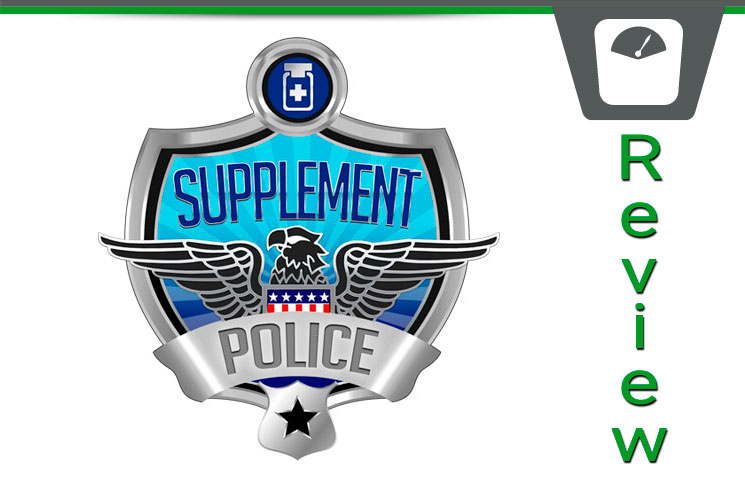Eco-Atkins Diet Review
The Eco-Atkins Diet is a variation of the Atkins diet, which is known for including predominately animal products as the basis for the diet.
However, instead of focusing on animal products, the eco-Atkins diet is the vegetarian version of the Atkins diet.
What Is The Eco-Atkins Diet?
The “eco” in the Eco-Atkins diet hints that the diet is “earth-friendly.” In other words, it leaves a much smaller carbon footprint. Whether an individual desires to focus on plant foods for spiritual, ethical, or physical reasons, the Eco-Atkins diet has a broad appeal to vegetarians and vegans looking for a low-carb, meatless diet.
For the most part, the diet sticks with the high protein, fat-rich, and low carb diet similar to the normal Atkins diet. However, instead of meat, the Eco-Atkins diet includes protein-rich plant foods and plant oils.
The vegetarian version enables dieters to consume 26% of calories from complex carbs during the first phase, much higher than the 10% allowance in the initial two-week phase of the Atkins diet. You can choose to skip this phase if you desire, but you will not lose weight nearly as fast.
In addition to carbohydrates, you can consume up to 43% of your caloric intake from fat sources, and 31% from plant proteins.
What’s on the Menu?
Keep in mind, just because you are on a vegetarian diet doesn’t mean you can consume unlimited amounts of rice, bread, potatoes, or snacks though. In fact, the menu is fairly strict.
Low carbohydrates vegetables are the focal point of the Eco-Atkins diet. A strong focus on green, leafy vegetables is made in the Eco-Atkins diet, along with other low-carb veggies like cauliflower, broccoli, peppers, and tomatoes.
Vegetables you should avoid include the starchy vegetables like potatoes, yams, peas, corn, and winter squash. A quick search online will give you a better idea of which vegetables you should and should not eat.
Fruits are allowed, although only low carb fruits should be consumed. Grapefruit, raspberries, peaches, cantaloupe, watermelon, and pears are all excellent fruits to eat. You should try to eat fruit with under 15g of carbs per serving.
You’ll need to consume protein on this diet, and the best way to do this is by consuming dense plant proteins like legumes and soy products. Tofu, tempeh, soy milk, and beans are excellent sources of protein.
Pintos, kidney, navy, and black beans can help keep your menu creative and keep you from becoming bored on this diet. They also make a great substitute in meals that call for meat. Chickpeas can also be another great source of protein in addition to beans.
Finally, snacking is allowed in the Eco-Atkins diet, and nuts are the preferred snack. Most nuts are relatively high in protein, fat content, and fiber, yet they contain little carbs. Almonds, hazelnuts, peanuts, cashews, Brazil nuts, and pecans are all great snacks.
Eco-Atkins Diet Health Benefits
The Eco-Atkins diet hasn’t been the sole focus of studies, but similar diets have been studied for years now. In one study, participants following a low-carb, plant-based diet similar to the Eco-Atkins diet dropped nearly 9 pounds in just one month. They also saw an average decrease in cholesterol by 9%.
A 2006 study conducted by the University of study found that a low carb vegan diet decreased LDL cholesterol, total cholesterol, and lead to an average weight loss of 15 pounds in 6 months.
A 2012 report from the NIH suggests that increased fiber could be the leading factor in the success of high-protein diets that are also plant-based. The report also suggested that this type of diet could be a promising alternative to individuals at a high risk for developing heart disease.
While some reports suggest that certain minerals may be lacking in this type of diet, most evidence suggests that nutrient deficiencies are not as big of a concern for vegetarians or vegans in Western Countries. Protein, zinc, and iron are the leading nutrient deficiencies, but we’ve outlined several foods that are rich in all three.
The biggest concern should be for a lack of Vitamin B-12 consumption. B-12 is essential to the health of red blood cells and the only way to consume B-12 is through animal products. This is why vegans should consider adding a B-12 supplement to make sure they take in enough each day.
Final Thoughts On Eco-Atkins Diet
The Eco-Atkins plan provides a solid diet for vegetarians who still want to follow the high-protein, low carb lifestyle. While the original Atkins diet is still controversial, there’s nothing controversial about a plant-based diet.
For the 5% of Americans who are committed to the vegetarian and/or vegan lifestyle, the Eco-Atkins plan can be a great diet to make healthy diet and lifestyle choices to lose weight and regain a healthier body.









